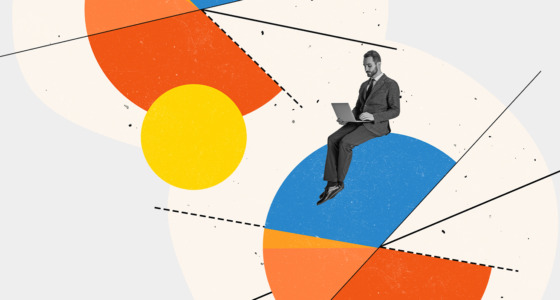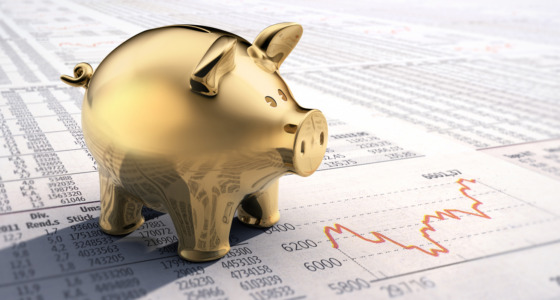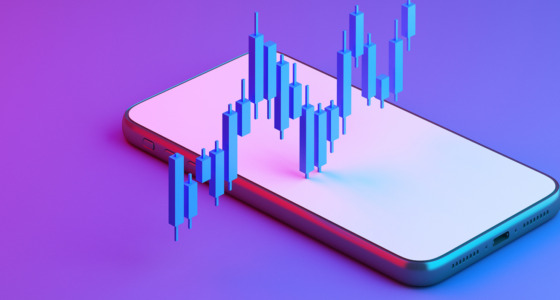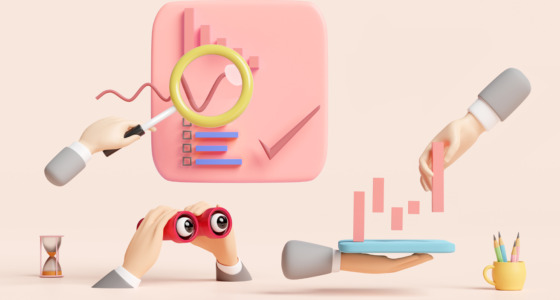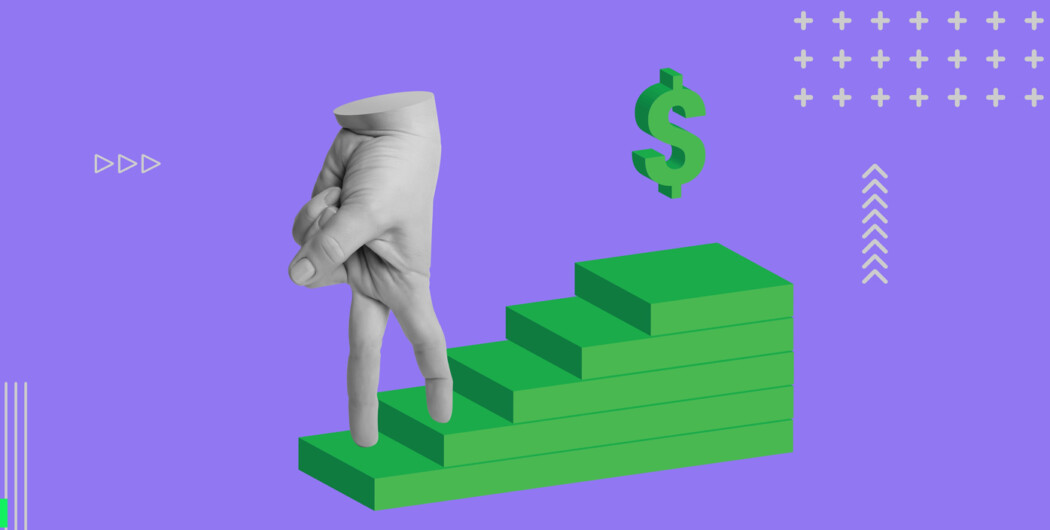

Relatively small amounts of money can go a long way. If you need proof, just look at Blake Mycoskie, the founder of TOMS. With just $500, he created a simple canvas shoe design and started selling the shoes from his apartment and online. Within the first year, TOMS sold 10,000 pairs of shoes.
The same principle applies to trading, too — even a relatively small budget can stretch far if you know how to trade smartly. Of course, trading comes with its own set of risks, and it’s also important to have a solid strategy in place. Here is how to start trading with no money (well, maybe a little) and what you need to know.
Research your broker: commissions and trading conditions
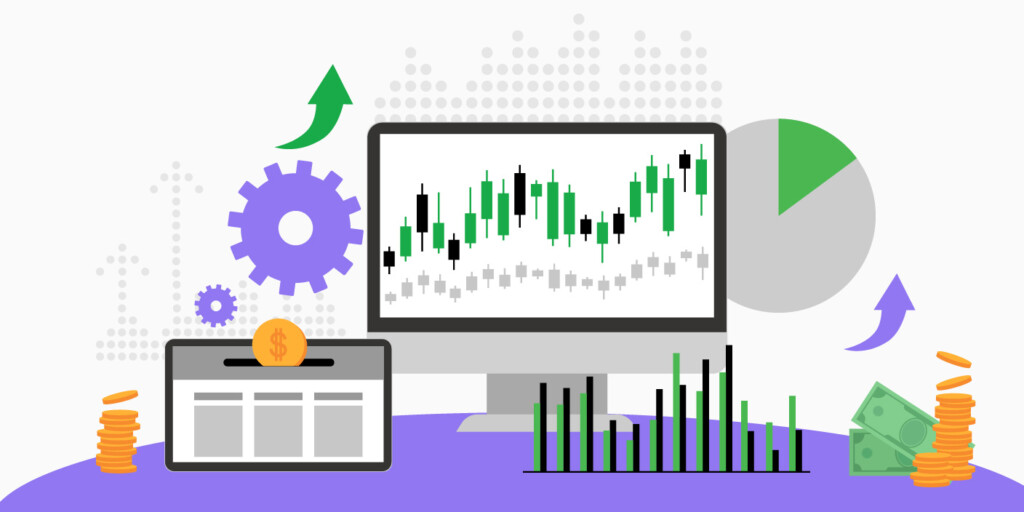
Before you dive in, take the time to research different brokers and compare their offerings. Check out their commission rates and any other fees they may charge and read the fine print about account maintenance and withdrawal fees. These costs add up, and you definitely want to be aware of all the fees involved in advance.
In addition to costs, you should compare the trading conditions offered by different brokers. Look for brokers that offer low minimum deposits and small position sizes. These features can help you get started without putting too much of your funds at risk.
Learn how to trade with margin
It may be more difficult to learn how to start trading with 5 dollars, but margin trading can be an option for you. It allows you to control larger positions with a smaller amount of capital. It’s not designed for any specific amount — $5 or $5,000 — but every broker has a minimum deposit requirement.
But you must understand how margin trading works and the risks involved. The “extra” funds for your trade are borrowed from your broker, and they come with additional risks, such as the potential for margin calls if the market goes against you.
Tip: set tight stop losses and don’t over-leverage your positions.
Test your strategies on a demo account
A demo account offers you a practice run to experiment with different trading techniques and strategies. If you’re about to start trading with 500 dollars, why not test how your approach may unfold in real market conditions? You’ll learn a lot and probably discover the flaws in your strategy.
A small account doesn’t necessarily instill confidence, especially if you’re new. But that might come as you practice in a risk-free environment. The newly gained confidence and a well-tested strategy are a powerful combination for those just getting a feel of the market.
Choose an asset wisely
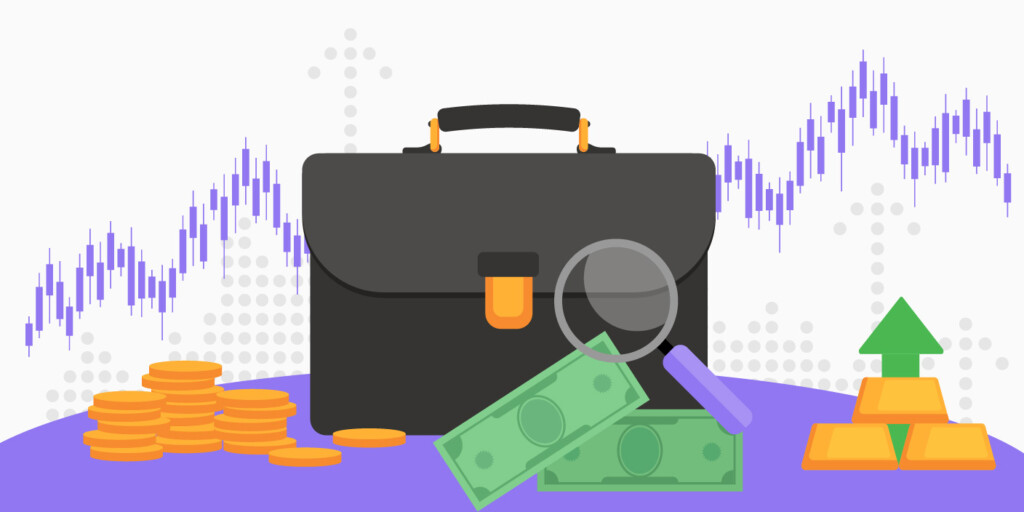
One critical factor to consider when selecting assets is liquidity. This is because assets with high liquidity are usually more stable and predictable, so they’re great for traders with smaller budgets. You should also pay attention to volatility, which is a double-edged sword. On the one hand, volatile assets offer significant opportunities; on the other hand, you might not want to increase the risk for the limited capital you have.
If you’re wondering how to day trade with 200 dollars in Forex, for example, focus on trading well-known pairs, such as:
- EUR/USD
- GBP/USD
- USD/JPY
- AUD/USD
- NZD/USD
- USD/CAD
These currency pairs are the most heavily traded in this market.
Use the money management rule of 2% of your balance per trade
The 2% rule is a simple money management strategy that works exactly how it sounds — you should risk no more than 2% of your account balance on any given trade. For example, if your budget is $200, you would only risk $4 on any one trade. If you’re working with a $500 account, the biggest trade you should make is $10.
This strategy helps limit your losses and ensures you have enough capital to continue trading even after a few losses. Moreover, this rule will slowly teach you to be disciplined and patient with your trades.
In conclusion, trading with a small budget is possible. With a good broker, an appropriate asset, and an effective strategy, you can embark on your trading journey with a decent chance of success. But you can’t just learn how to start trading with $100 and expect to become a pro overnight. You should approach trading with a long-term perspective and use a variety of techniques to manage risk.
Sources:
Margin and margin trading explained plus advantages and disadvantages, Investopedia
Never risk more than 2% per trade, BabyPips


